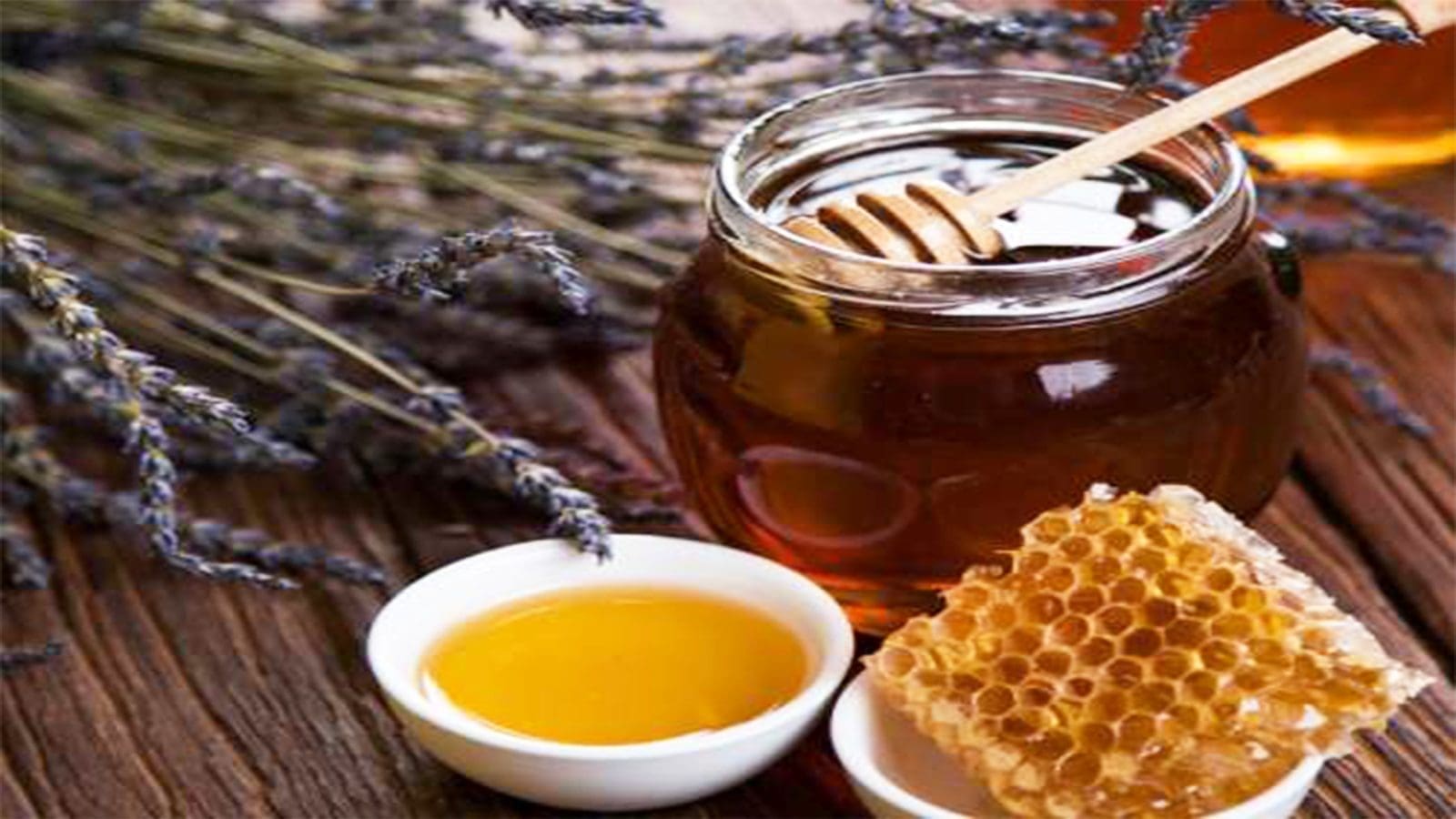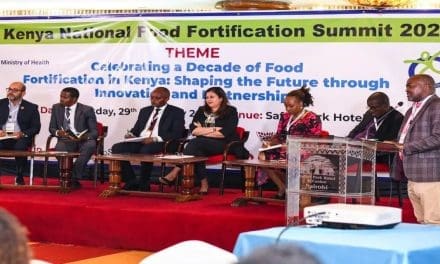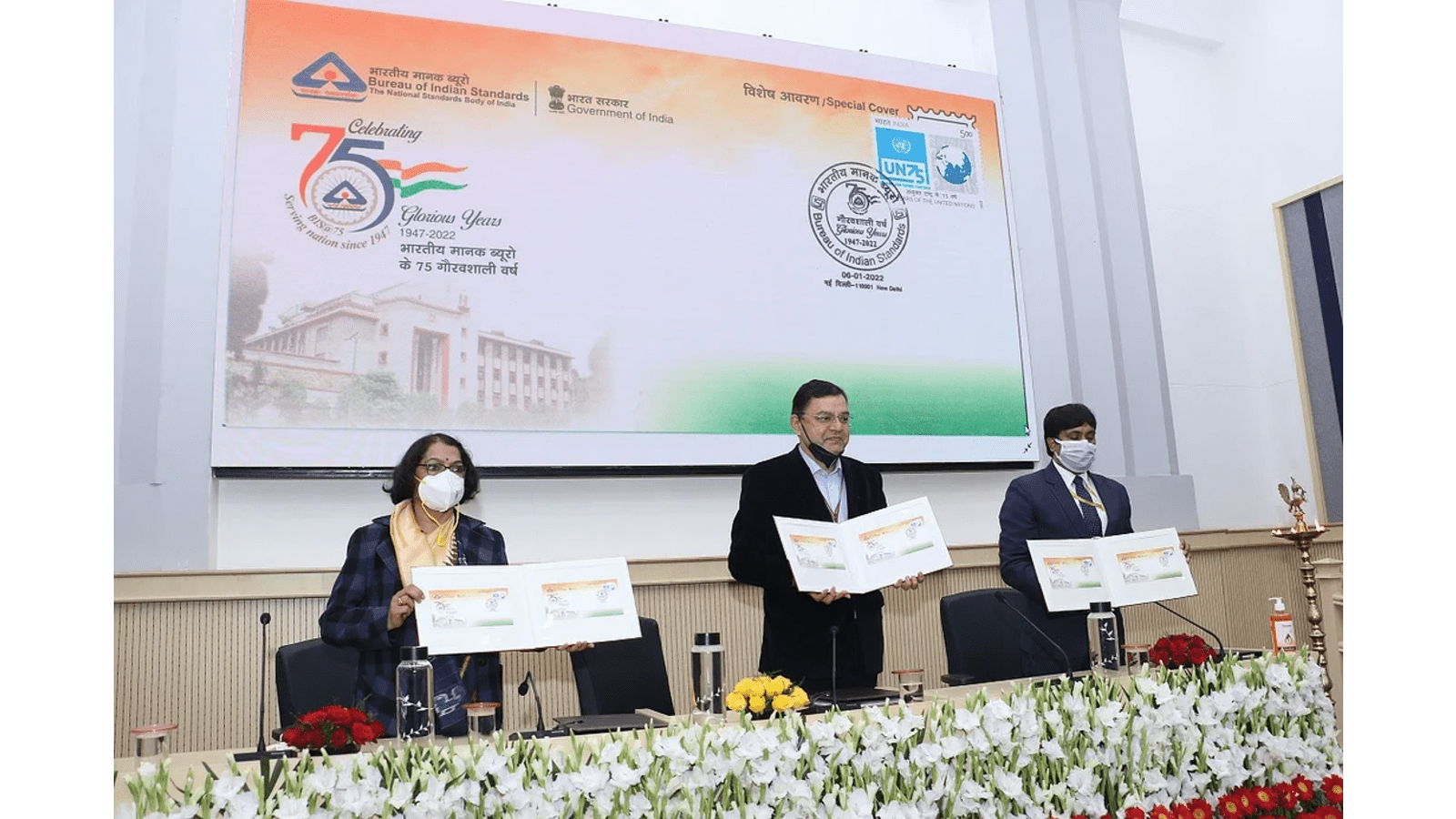INDIA – Renowned experts from across the honey value chain in India have accentuated the dire need for setting up of honey testing labs by government, better facilities for training, infrastructure and capacity building for beekeepers.
To promote beekeeping in India and create a more enabling environment, specialists focused on the aspects of collaboration and support from the government for the holistic growth of beekeepers, who are an important part of the honey ecosystem.
Addressing a virtual panel discussion organized by the India Honey Alliance (IHA), an association of honey producers, beekeepers, and technology experts, Dr Naveen Patle, ED-National Bee Board indicated that while the National Honey Mission is launched across the country, there is a big gap in maintaining proper beekeepers’ data, bee colonies and production data.
The webinar was organized to address the issues faced on-ground by the beekeepers and to get insights on the various government schemes, scientific and technical information and initiatives to promote beekeeping in India.
Experts came to a consensus that beekeeping is a very fragmented and unorganized sector, hence the government and the entire Honey ecosystem should collaborate to take strong measures in creating a robust, transparent and long-term strategy that can be implemented on ground for the betterment of beekeepers.
The speaker panel included Dr Naveen Patle, ED-NBB; Pankaj Prasad, additional MD NAFED; Dr Lakshmi Rao, assistant director, CBRTI; Sitaram Gupta, founder – Samridhh Bharat Abhiyan; Ajay Saini, bee-keeper and entrepreneur; and was moderated by Namrata Khanna, director, India Honey Alliance. The opening remarks were initiated by Deepak Jolly, secretary general, India Honey Alliance.
“The honey production at grassroots level is highly unorganized and there is complete lack of technical knowledge for the efficient management of colonies. Further, the poor logistics & management for migration of bee-colonies is a great concern for the beekeepers. The inadequate infrastructure for production, collection, quality control and storage of honey also needs to be dealt with for tapping the potential of the honey industry at large,” Prasad said.
IHA to create policies to address challenges
Dr Rao, shed light on the scientific and practical aspects of products made out of beehives, the process for pollen collection, processing and storage of different types of bee products as these products are an alternate source of income generation along with honey.
Gupta stressed on the importance of employment generation through honey and authentic honey production through various means, as reported by Food and Beverage News.
He further pointed out that the processing plant holders should open their training centres for beekeepers. Setting up of State Bee Boards was another vital area that he indicated.
Saini stressed on the need to give the correct technology to beekeepers. He also mentioned about focusing on preservation of the forest plantations and shrubs and setting up of the bee disease diagnostic labs.
In addition, he spoke about giving credit facilities and incentives for migration for the welfare of beekeepers at large.
Based on the discussions which ensued, IHA and the experts collectively suggested that labs with state-of-art, cutting-edge technologies be established across states by the government for honey testing.
They also noted that there are various challenges faced by the beekeepers at ground level which include unstable pricing structure, unavailability of appropriate welfare programs, inadequate credit facilities, training and capacity framework.
Consequently, IHA will be working towards addressing all these issues by creating policies that can be implemented on the ground. It will also form alliances with national and international organizations for the overall growth and development of the entire beekeeping ecosystem.
Liked this article? Subscribe to Food Safety Africa News, our regular email newsletters with the latest news insights from Africa and the World’s food safety, quality and compliance. SUBSCRIBE HERE








